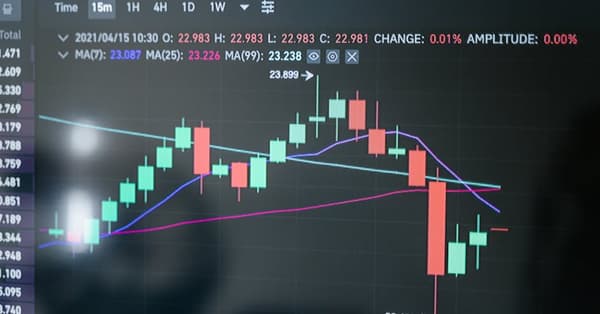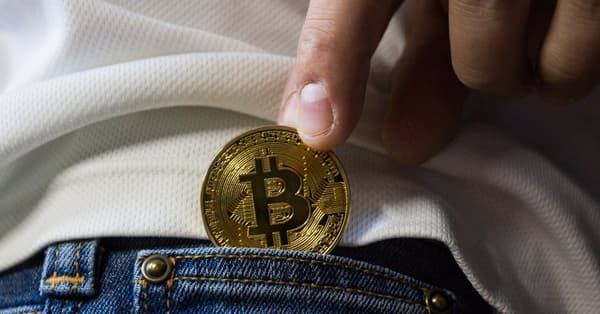Navigating BSC Token Approval Limits for Your Security
Curious about BSC's token approval limits? Discover essential tips and insights to safeguard your assets and navigate the booming Binance Smart Chain safely.
As of Q3 2023, the Binance Smart Chain (BSC) has seen jaw-dropping growth of 340%. Daily transactions are now over 2 million, and unique wallets have surged past 12 million. However, recent hacks related to token approvals have raised serious concerns, prompting many of us to rethink our security strategies.
In today’s DeFi landscape, understanding token approval limits is more crucial than ever. With security breaches rising by 48% over the last year, both newcomers and seasoned investors need to strike a delicate balance between convenience and security when dealing with BSC tokens.
This guide aims to shed light on the mechanics of token approvals, the security practices you should consider, and effective strategies to mitigate risks as you navigate the BSC ecosystem.

Token approvals let users authorize a smart contract to spend tokens on their behalf. This mechanism is fundamental in the BSC ecosystem and draws heavily from the ERC-20 standard, which is essential for enabling interoperability among tokens.
When you set a token approval, the transaction creates a record on the blockchain, allowing a smart contract to check how many tokens it can spend. For instance, approving $100 worth of BSC’s PancakeSwap token lets the DEX execute trades and provide liquidity using those funds.
Token approvals play a vital role in various scenarios, including:
While token approvals are convenient, they expose users to several vulnerabilities. One significant risk is reentrancy attacks, where malicious contracts exploit unlimited token approvals. Recent incidents remind us that these aren’t just abstract threats—they have resulted in real financial losses.

The PancakeSwap exploit in April 2023 led to over $2.5 million lost due to poor approval management. This incident serves as a stark reminder of how quickly interactions with smart contracts can spiral into disaster. It's worth noting that security incidents in DeFi have surged by 48% since 2022.
Several factors can heighten the risk for users:
- Unverified contracts: Engaging with unknown or unverified contracts can lead to hacks.
- Lack of liquidity: Projects with insufficient liquidity may become prime targets for attacks.
- Low project transparency: A lack of transparency can raise red flags, making it harder to assess the project's legitimacy.
Tags:
Ready to Make Profitable Crypto Calls?
Check out our proven track record on the leaderboard
View Leaderboard →Related Posts
Trust Wallet vs MetaMask: Deciding the Best for BSC Trades
Curious about which wallet is better for Binance Smart Chain trading? Explore the features of Trust Wallet and MetaMask to find your perfect match!
Exploring Binance Smart Chain: A DeFi Playground
Dive into the world of Binance Smart Chain and discover why it's a hotspot for traders and developers alike in the evolving DeFi landscape.
Unlocking BNB Staking: Strategies for Maximum Returns
Discover the latest trends in BNB staking on Binance Smart Chain! Learn how to maximize your returns and navigate the evolving crypto landscape.
Unlocking $200K Bitcoin: Strategies for Meme Coin Traders
Discover how Bitcoin's future rally could reshape your meme coin strategies. Insights from trader Peter Brandt await you in this essential guide.
Unlocking DeFi: Why BSC is the Place to Be in 2023
Curious about the DeFi boom on Binance Smart Chain? Discover what’s driving user growth and how you can tap into this thriving ecosystem.
Recovering BNB: Your Guide to Fixing Wrong Network Mistakes
Accidentally sent BNB to the wrong network? Don’t worry! This guide walks you through the simple steps to recover your funds like a pro.